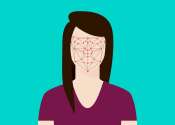Research team building a computer chip based on the human brain
Today's computing chips are incredibly complex and contain billions of nano-scale transistors, allowing for fast, high-performance computers, pocket-sized smartphones that far outpace early desktop computers, and an explosion ...








